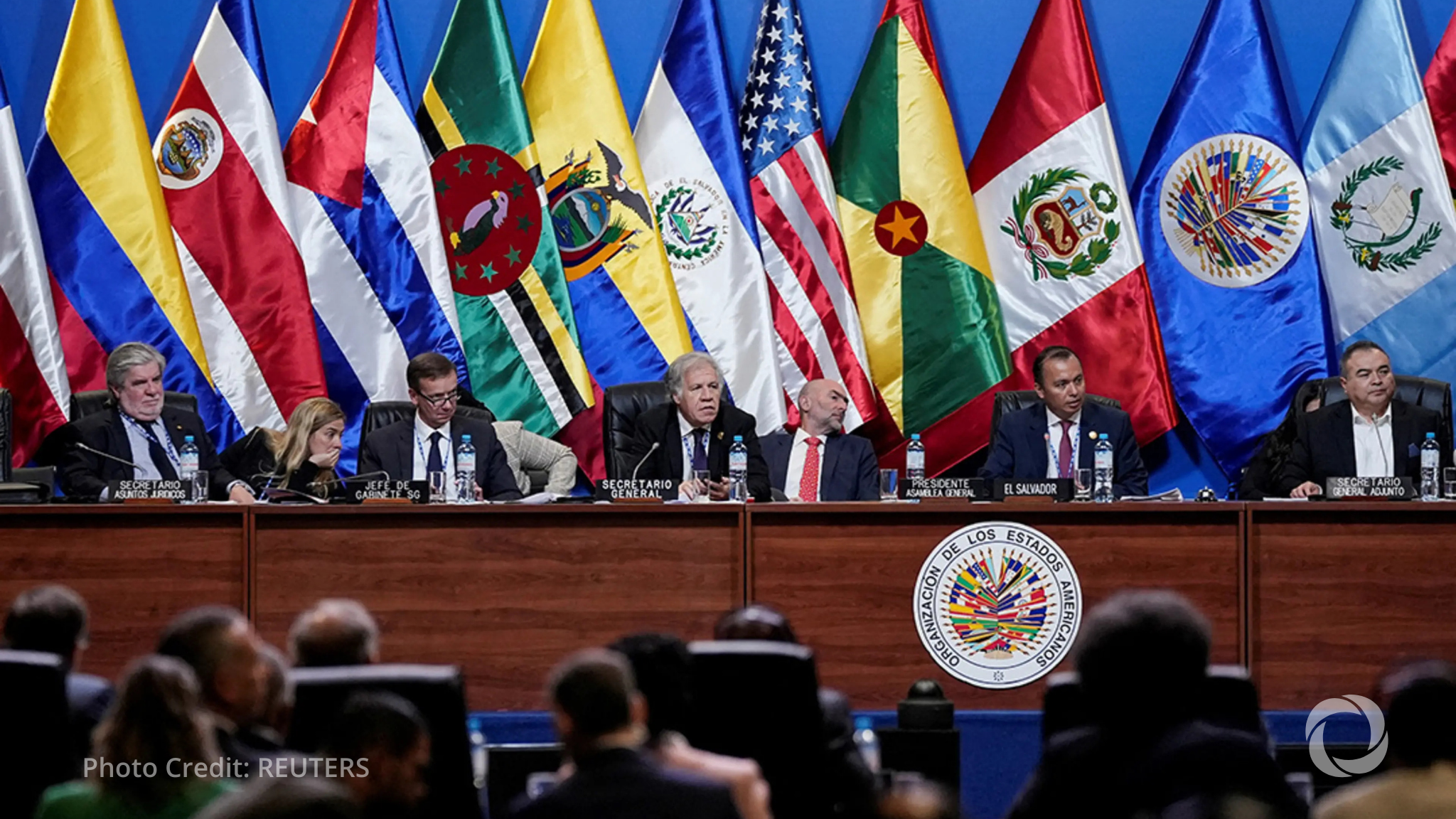The Organization of American States (OAS) unveiled a comprehensive plan to tackle Haiti’s deepening crisis, proposing $2.6 billion in international funding over three years, officials announced. Secretary General Albert Ramdin presented the roadmap after consulting with Haitian authorities, CARICOM, the UN, and other partners. Armed gangs now control nearly 90 percent of Port-au-Prince, killing over 5,600 people last year. The five-pillar plan puts security first, recognizing that nothing else can work until basic safety gets restored. Haiti faces what officials call the most severe governance crisis in the Western Hemisphere.
Haiti’s situation has gotten much worse over the past few years as gangs gained territory and political institutions crumbled. The country hasn’t held elections since 2016, and the current transitional government struggles to control anything beyond a few government buildings. More than 4.7 million people face serious hunger, most lack clean water, and fewer than 25 percent of health clinics in critical areas still work. International efforts so far haven’t made much difference because they’ve been scattered and poorly coordinated. The new roadmap tries to fix that problem by getting everyone on the same page.
The OAS roadmap creates a joint mechanism with CARICOM and the UN to oversee implementation and avoid duplication. Security gets the biggest chunk of money – $1.336 billion to secure key areas, rebuild the national police, and break up criminal networks. Political support costs $8 million to help Haiti write a new constitution and prepare for elections by February 2026. Elections themselves need $104.1 million, while humanitarian aid requires $908.2 million and development projects get $256.1 million. “Haiti is undergoing a severe crisis that requires our complete and immediate attention,” Ramdin said.
The plan builds on work already being done by CARICOM’s expert group and the UN office in Haiti. OAS will help coordinate a national dialogue to get different Haitian groups talking about the country’s future. They’re planning a donors conference with the Inter-American Development Bank to raise the money needed. A dashboard will track progress and make sure contributions go where they’re supposed to go. The whole thing is designed to adapt as conditions change on the ground.
For humanitarian workers and policy makers, this roadmap represents the most ambitious international effort to stabilize Haiti in years. The $2.6 billion price tag shows how expensive it gets when countries completely fall apart. The focus on Haitian leadership sounds good, but gangs control most of the capital and local institutions have limited authority. Success depends on whether international partners can actually coordinate better than before and commit serious money for years. Previous efforts failed partly because they were too scattered and underfunded to make real change happen.

